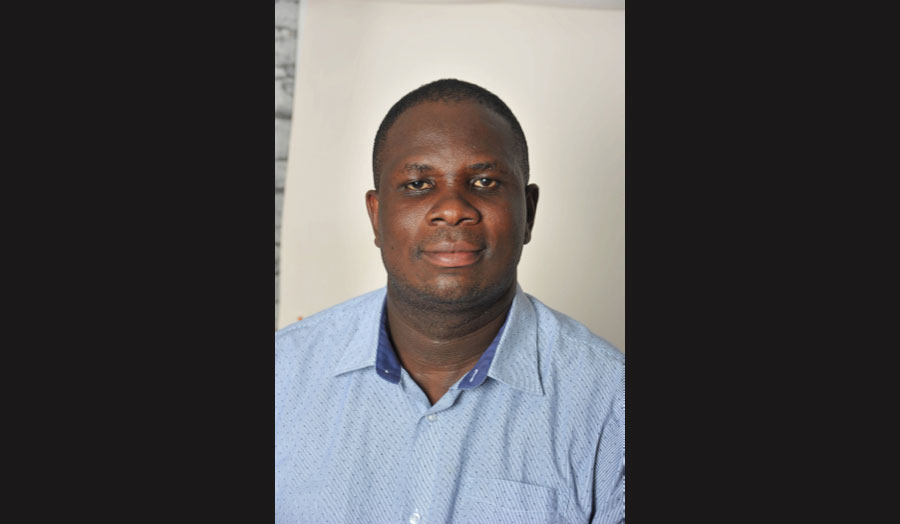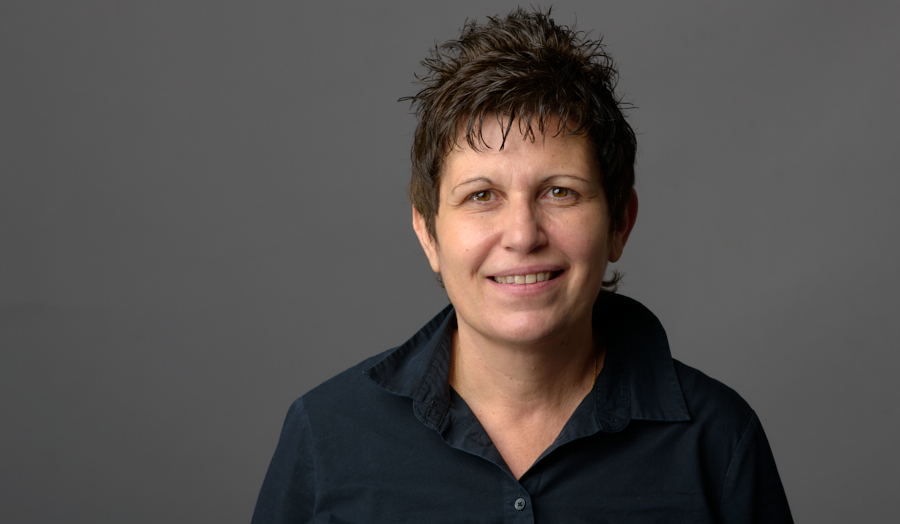We run training events throughout the year to help students negotiate the different phases of study and the varying challenges each phase presents. The events are designed for students undertaking research degrees (MPhil, PhD, or professional doctorates). The sessions are organised by the Research and Postgraduate Office on a weekly basis. The content is delivered by experienced PhD supervisors, members of Research and Postgraduate Office as well as our Professional Services departments.
Each session is recorded and recordings are available for all doctoral level students on Weblearn. We also welcome external students who would like to get a taste of the programme.
Recent feedback analysis shown that 87% of respondents found the sessions useful and 85% of students would recommend the sessions to their peers.
To book your ticket for one of the sessions, please scroll down to the bottom of the page.
.png)
You may also want to check out our:
Themes and sessions
What should you achieve in the design phase?
After three months (full-time) or six months (part-time) a research student should have reached several milestones, from a more complete and nuanced plan, to significant inroads into the secondary literature, and in identifying data and sources for original study. This session explores the nature of these milestones.
Transferring from MPhil to PhD
At the end of 18 months or two years if you are part time, you will have the opportunity to progress from an MPhil route to the PhD route. If you haven’t shown sufficient progress, you will remain at the MPhil level and will be examined for a research master’s degree. This session is aimed to help you make the PhD grade and walks you through the difference between the two levels.
Research Writing: An Introductory Workshop
Doing a research degree can be a challenging, as well as exhilarating, experience. One of the aspects that many PGR students find daunting is the very process: they may be unsure about how to structure their thesis or worry that it’s hard to follow. Problems arising from the actual writing of the thesis are often unresolved until quite late when they can stop you in your tracks.
This workshop aims to help PGR students identify some of the challenges they’re facing, at whatever stage in the writing they find themselves, and offer practical solutions.
Writing Annual Reports
Everybody writes annual (or half-year) reports as there are no longer exams (except the submission of the thesis and the viva at the very end of the PhD). Stock taking: Keeping a diary; keeping a lab book; successes and failures; plans for the future.
Writing a literature review
A literature review is one of the first tasks you will need to carry out in your research. It establishes familiarity with and understanding of current research in a particular field before carrying out a new investigation. Conducting a literature review should enable you to find out what research has already been done and identify what is unknown within your topic.
The aim of this workshop is:
- getting you to think about the purpose of a literature review
- getting you to think about what your own literature review will look like
- critical thinking, reading and writing
- planning and structuring your review
Making the most of online resources, and managing your references using Zotero and Mendeley
This hands-on session consists of two parts:
- Learning about some of the online resources available to you both through the Library and via Open Access, and how you can use them most effectively to conduct your research, develop your knowledge and maintain your current awareness
- Learn how to use Zotero and Mendeley, two popular free online tools for managing your references. When you are dealing with a large number of references, you may find using one of these to be very helpful.
Wellbeing workshop
There are a number of possible bumps in the postgraduate road. This session is aimed to help you with any problems of procrastination, anxiety about publication presentation and any feelings of isolation or alienation you may feel.
Research Ethics
Research students at London Met, like their supervisors, must work to the highest ethical standards. There are strict rules around the use of data and other research matter. This session will give you an introduction to the ethical frameworks that govern our research and will help you frame your own research to be sure what levels of ethical clearance you need.
GDPR and Open Data
This session looks at data protection and how that may affect your research. It also explores the move towards making data open (i.e. publicly and easily available, and usable) and how that may provide opportunities for PhD students.
Quantitative data in Social Research
This session aims to explore how beneficial quantitative data is for answering research questions in social sciences and examines which questions ask for quantitative evidence.
It demonstrates availability of secondary quantitative data by introducing some easily accessed data archives, and points at benefits of modern software and social networks for collecting primary quantitative data.
Finally, it offers a brief introduction to quantitative data analysis software (IBM SPSS) available at London Met and points at a wide range of help available to master such software.
Statistics Workshop 1: Basic Statistics
Students in most disciplines can benefit from using even basic statistical analysis. Many students struggle with them, or try to avoid statistics. This optional workshop will be of benefit to anyone who is curious about the benefits statistical analysis may bring to their work.
Statistics Workshop 2: Data Analysis
In this part of the workshop participants will have the chance to analyse data and interpret data by using IBM SPSS. Main key points will be covered include:
- basic probability
- correlation and linear regression
- statistical inference – hypothesis tests – significance tests – confidence intervals
Introduction to Applied Regression Modeling
Regression is the dominant means of analysis in quantitative academic publications. It is a tool that approximates and summarises the relationship between variables allowing you to describe and predict relationships that you are interested in. Via some examples, this session will focus on stimulating research questions that could be answered using this statistical technique.
Doing qualitative research: The interview
This session will introduce the interview as a tool to generate primary data in social research. The aim is to show the potential for producing unique data when the interview process is planned, executed and analysed carefully. By drawing on concrete examples, the session will explore the academic and practical considerations, as well as the necessary capabilities and skills, for carrying out a successful research interview.
Gathering and using qualitative data: Focus groups and deliberative discussion groups
This session will look at the ways in which discussion groups and focus groups can be used to generate different kinds of data than can be gathered through interviews, and that can be used in different ways in research. Deliberative discussions create a social context in which the researchers can largely observe a social group in the process of constructing meanings, and such insights can provide more useful (though more complex) data than more directive questionnaires and interviews.
Case study research
Case study research is undertaken in order to explore the uniqueness and particularity of a single case. This session will explore the theory and practice of case study research. It will consider the methods that may be used in telling the story of a case, the limitations of this approach and what might constitute a "case".
Thematic analysis
Thematic analysis is the most common approach to qualitative data analysis, and it is considered by some as an umbrella term for the different types of other data analysis approaches such as grounded theory, framework analysis, interpretative phenomenological analysis (IPA), content analysis, conversational analysis, discourse analysis and documentary and textual analysis. The purpose of this workshop is to:
- Provide an overview of traditional methodological approaches to qualitative data analysis.
- Understand how the search for themes as an activity used in most approaches to qualitative data analysis.
- Understand the process of doing thematic analysis and carry out some thematic analysis.
Thematic analysis, focusing on historical and cultural themes
This session will explore ways in which thematic topics in history and culture can be elicited through interpretative methods. The presentation examines the philosophical and hermeneutic dimensions of historical enquiry, referring to a series of case-studies and drawing on primary source material (manuscripts, buildings, paintings, prints and incunabula). The aim of the presentation is to demonstrate how knowledge and insight can be gained through a combination of textual, visual and spatial enquiry.
Using NVivo for Research
This session will introduce the basics of using NVivo for your research project. NVivo is used for qualitative and mixed-methods research; for the analysis of unstructured text, audio, video, and image data, including (but not limited to) interviews, focus groups, surveys, social media, and journal articles. Jane used Nvivo for thematic analysis of interview texts in her own PhD, and it is adaptable to whatever qualitative methods you are using for your own research, including art/design research.
Nvivo for Visual Data: a Grounded Theory approach
Nvivo is traditionally used for working with text, but it can be creatively adapted for analysing different data, such as images and visual material. This session will present a structured and systematic approach derived from Grounded Theory (GVA – Grounded Visual Analysis) using Nvivo for the analysis of artefacts and images. Some of the procedures and the iterations of the analytical process will be illustrated in detail in order to highlight the versatility and potential of Nvivo to suit a wide range of data.
Social media, blogging, and other platforms
Many young scholars now use Twitter, Instagram, Wordpress and other forums to get their work out there. New scholars are among the most active. What are the advantages? How should we do it? What are the pitfalls? Also, what can our Comms team do to help you profile your research?
Presenting and publishing
In the competitive post-PhD job market, it is increasingly common for PhDs to graduate having already presented and environment published a paper or two. Sessions explore the opportunities for research dissemination, considering how to balance writing the thesis and getting yourself known.
Publishing in peer-reviewed journals (Social Sciences)
This workshop will be looking at academic publishing, focusing on journals in social sciences and humanities. It will offer useful tips on preparing an article for a social sciences/ humanities academic journal. This session will be valuable for all early career colleagues, including doctoral students, but also researchers and lecturers, as well as those who wish to re-activate their academic publishing.
Publishing in peer-reviewed journals (Art, Architecture and Design)
This lecture will examine the processes and different stages of preparing an article for submission to a peer reviewed journal. It will highlight the key challenges for authors; what they are expected to produce in terms of standards of scholarship and writing, and measuring expectations of a favourable outcome (final acceptance of publication).
An Introduction to Research Impact
Research impact has been a growing aspect of the research environment over the past decade. Particularly in terms of the Research Excellence Framework (REF) cycle, but also for grant applications and research funding. During this session we will examine what impact is, why it is important, how it is measured, and its relevance for research students.
Career Options after Completing your Research Degree
This session will give you an insight on maximising your career options beyond your research degree - how to go about identifying strengths, interests and values towards an academic career or how skills gained might be transferable to a non-academic path.
Topics covered will include:
- career options on completion of a research degree
- career planning
- employability skills developed from studying from a research degree
- how the Careers and Employability Service can support research students both during and after their studies
Using LinkedIn as part of your Job Search
This interactive session will help you understand how to build a professional profile to market yourself to prospective employers, including mastering your Linkedin profile.
Applying for academic jobs
Applying for academic jobs is a lengthy and complicated process. With strategy, analysis and a solid CV you should be able to successfully pick apart the jobs application and apply strategically and confidently for a role that’s right for you, whether it's research orientated, teaching or management.
In this session, we will consider the different career avenues within the academic area, dismantle job descriptions and the different ways different institutions require you to apply. We will engage in group activities, informal discussions and practical application of the academic job application process. Please bring a job description with you if you are thinking of applying for a specific job.
Beyond the research degree: Getting a job
Whilst the doctoral journey can often feel long and challenging, it's incredibly rewarding and open doors to a wide range of employment opportunities. This session is addressed not only for those research students aiming toward the end of their doctoral journey, but also those in the early days of their PhD, who are planning their future career.
Beyond the research degree: How to become a research fellow
Completing your PhD is a long and challenging journey, but while you are working on writing up your thesis it's essential to think about the next step in your career. One of the options many freshly graduated doctoral students consider is becoming a Research Fellow
Research Fellows are academic researchers at a university or research institution, who may work independently, or as part of a research team. To become a Research Fellow you need to have excellent quantitative and qualitative research skills and have a strong academic profile including publication in peer-reviewed journals and conference papers.
Beyond the research degree: Networking
A professional network can support your career development and help you in a number of ways. It can open more job opportunities, boost your career progression or simply leverage your chances for success. Completing your PhD can sometimes feel like a lonely journey, so how can you build this meaningful network of contacts?
Gaining teaching experience and the HEA Standard
This combined session looks at the value of teaching experience as part of the wider experience and CV-building of PhD students, and the taught route for gaining initial professional recognition as an Associate Fellow of the Higher Education Academy.


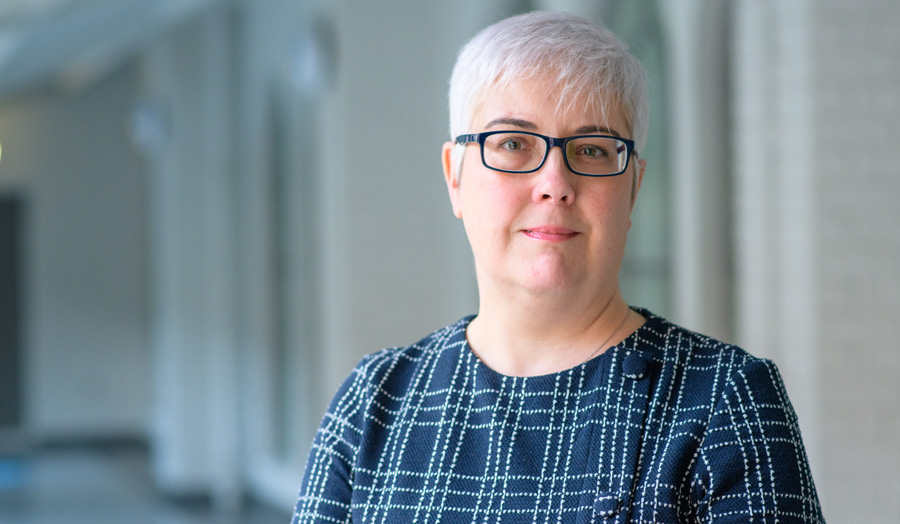

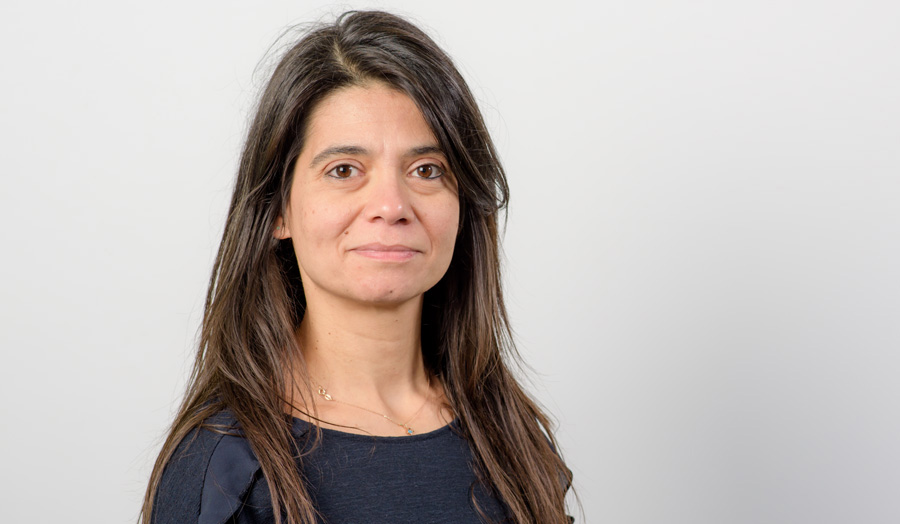


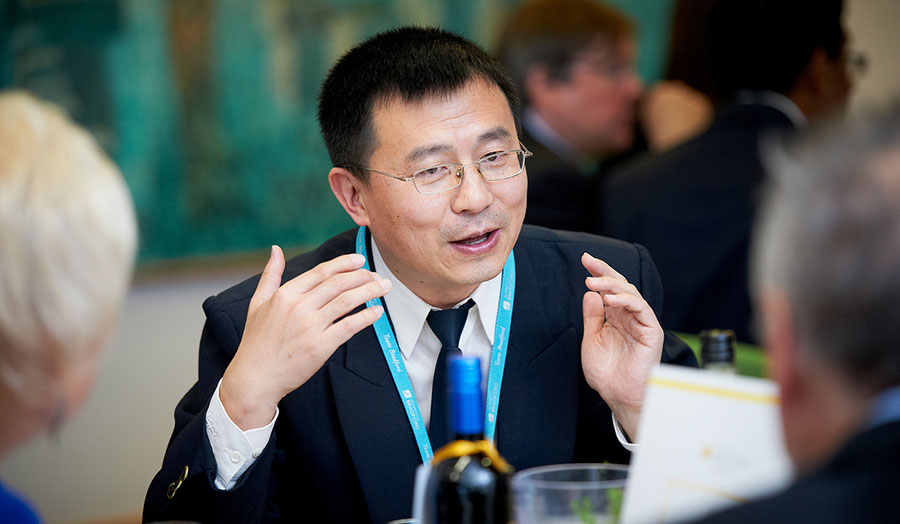
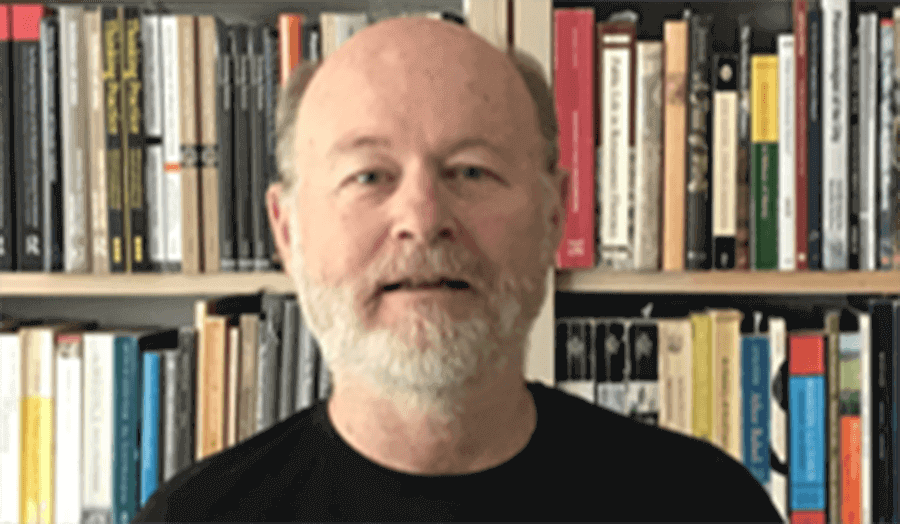


.jpg)

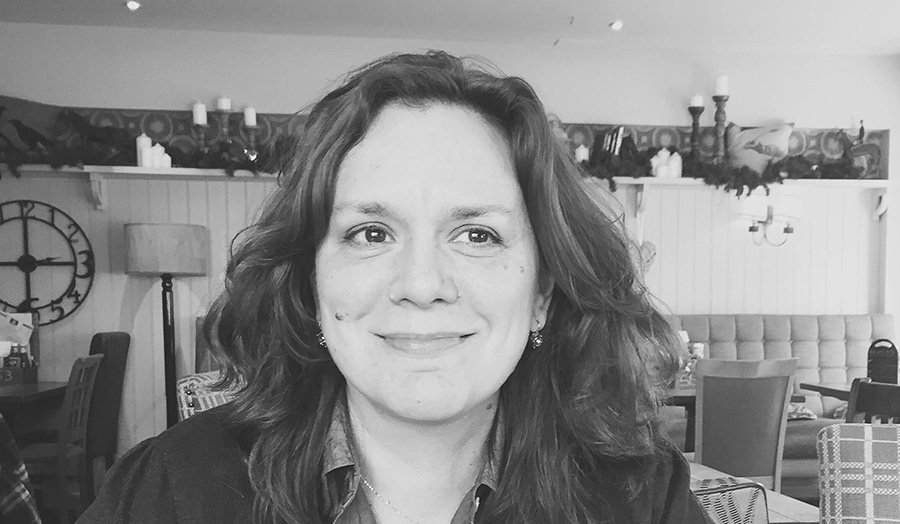

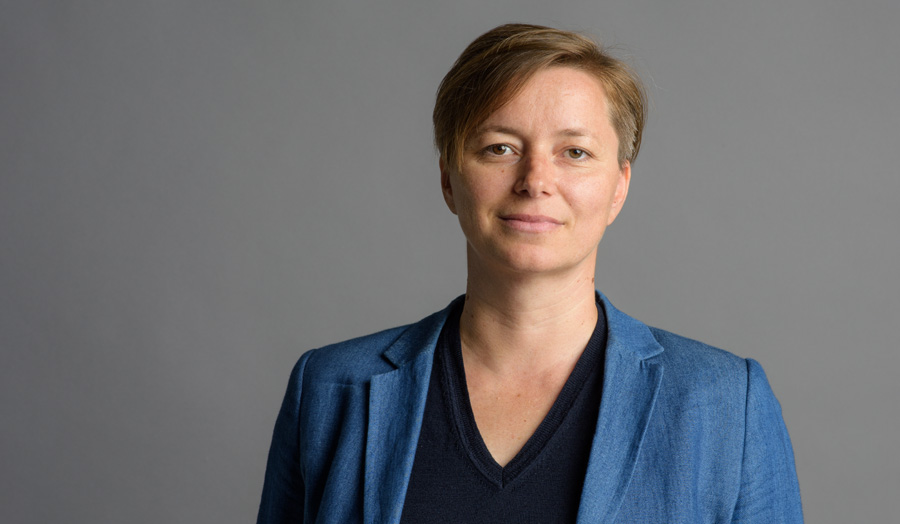

.jpg)

.jpg)
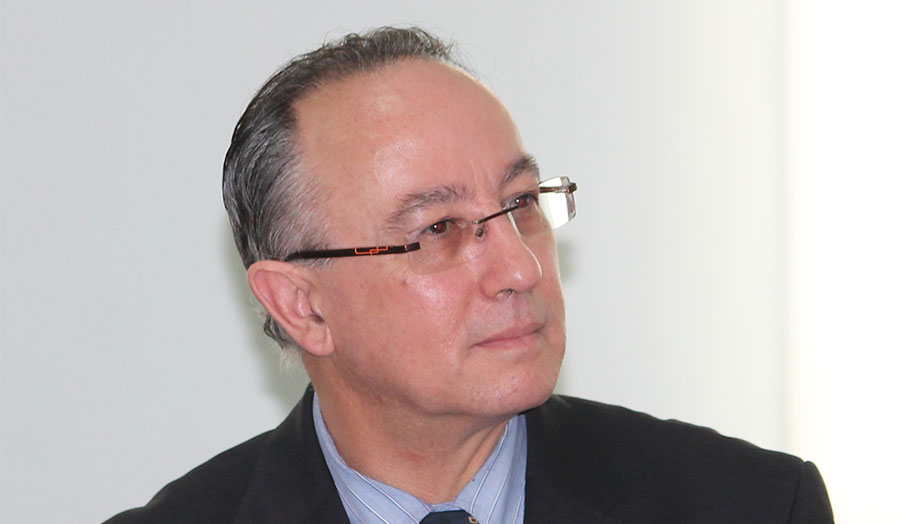

.jpg)


.jpg)
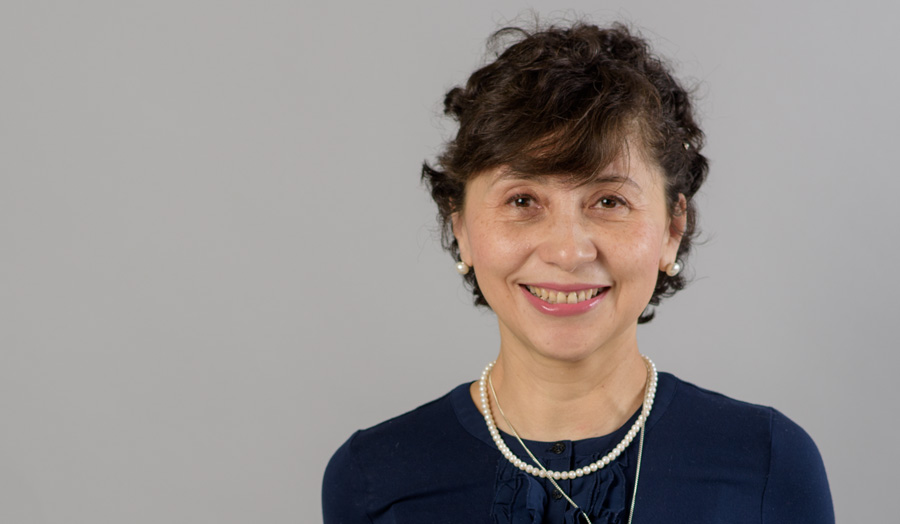




.jpg)
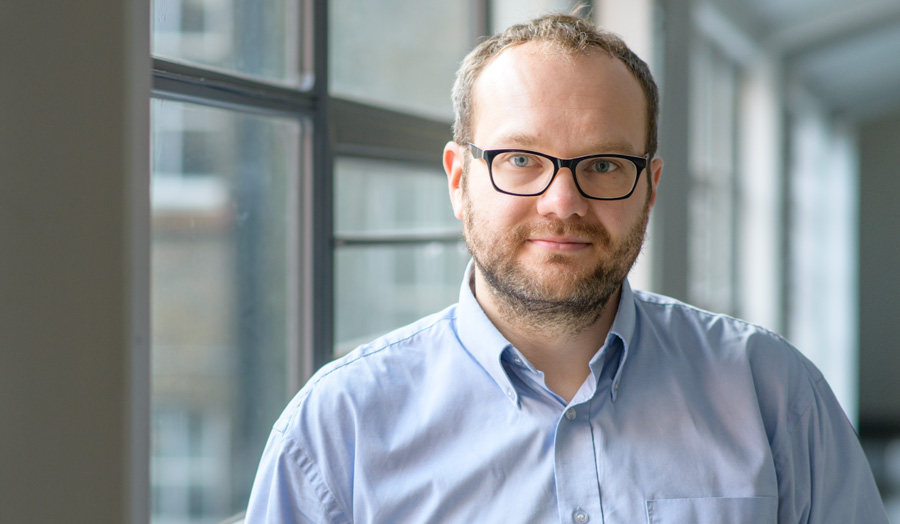


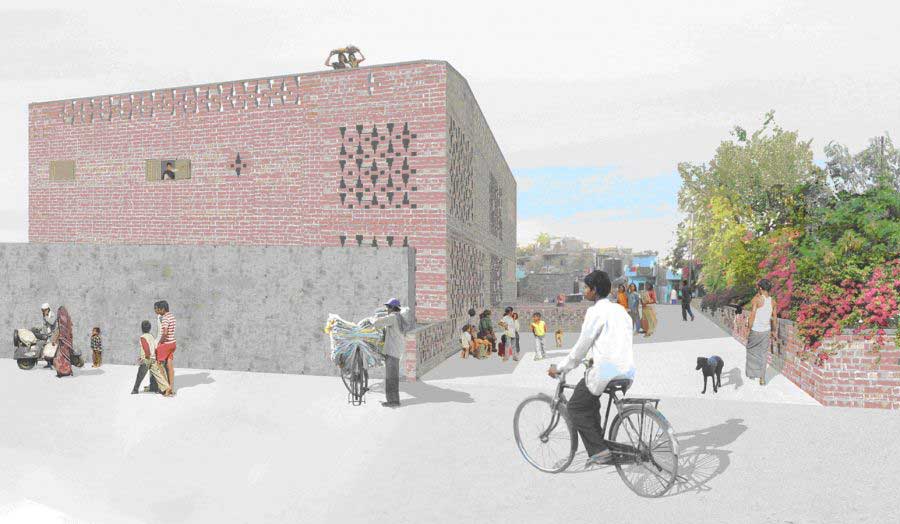

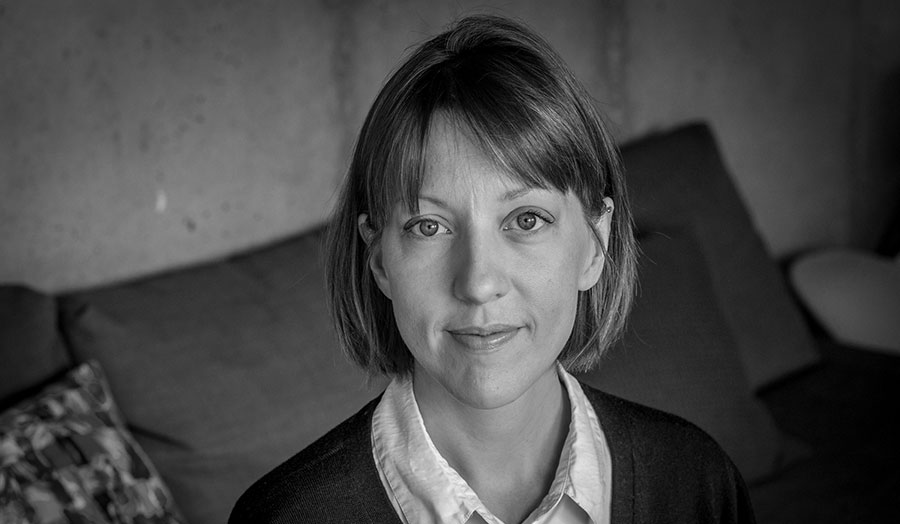



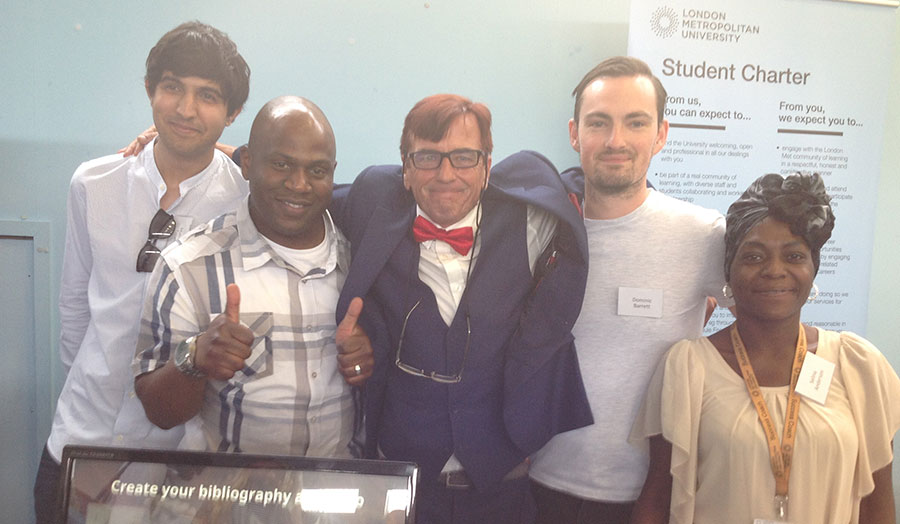
.jpg)




